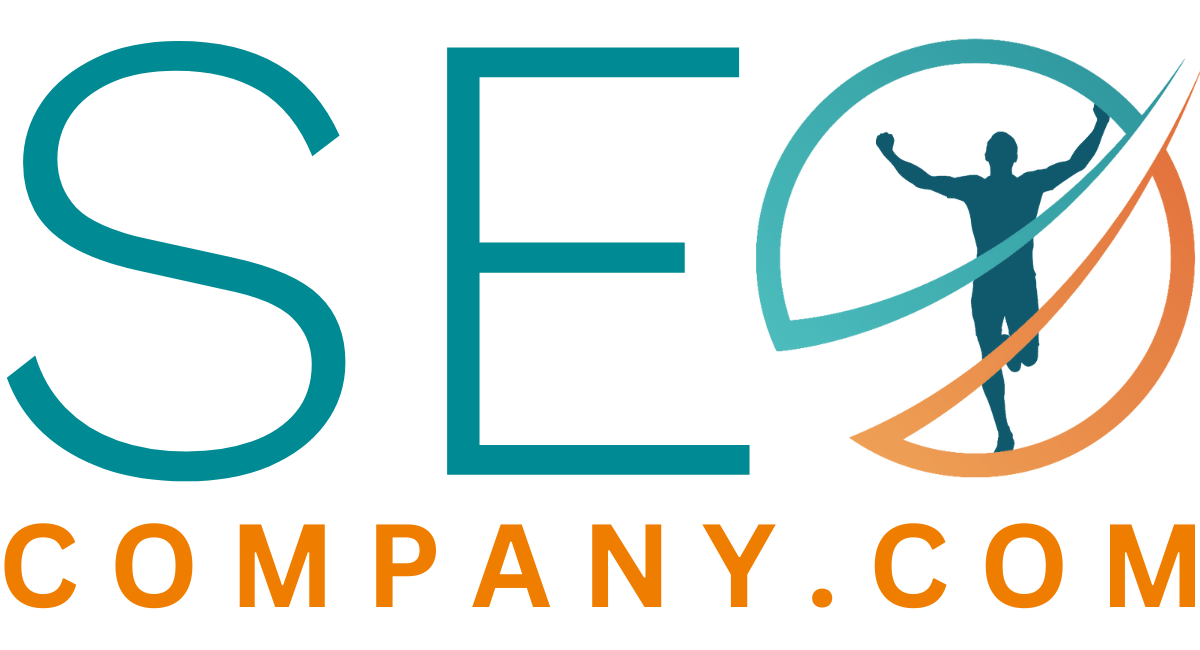What is a tracking URL?
A tracking URL is a special type of URL that includes tracking parameters added to the URL query string. Tracking URLs are commonly used in digital marketing to track the performance of various online campaigns. By including tracking parameters in a URL, it is possible to track clicks, conversions, and other key metrics related to a specific marketing campaign.
Tracking URL Usage
Tracking URLs are typically used in online advertising, email marketing, and other forms of digital marketing. They are used to track clicks and conversions, which can help marketers understand how their campaigns are performing and make necessary adjustments to optimize their marketing efforts.
Tracking URLs are often used in conjunction with web analytics tools, such as Google Analytics, to track the performance of campaigns. By using tracking URLs, marketers can track the performance of individual campaigns and even individual marketing assets, such as specific ads or email campaigns.
Relationship and Importance
Web Design: While tracking URLs themselves are not directly related to web design, they are often used in online advertising campaigns that drive traffic to specific web pages. In this context, it is important to ensure that the landing pages are well-designed and user-friendly to maximize the chances of converting visitors into customers.
Accessibility and User Experience: Tracking URLs do not directly impact accessibility or user experience. However, it is important to ensure that any landing pages associated with a tracking URL are accessible and user-friendly for all visitors, including those with disabilities.
Search Engine Optimization: Tracking URLs themselves do not impact search engine optimization (SEO). However, the landing pages associated with a tracking URL should be optimized for SEO to maximize the visibility of the page in search engine results pages.
History of TRacking URLs
Tracking URLs have been in use since the early days of the internet. In the early days, tracking URLs were primarily used for affiliate marketing, where publishers would include tracking parameters in URLs to track clicks and conversions for specific products or services. Over time, tracking URLs became more widely used in other forms of online marketing, such as email marketing and online advertising.
Common Questions About Tracking URLs
- Q: How do tracking URLs work?
A: Tracking URLs include tracking parameters in the URL query string, which are used to track clicks, conversions, and other key metrics related to a specific marketing campaign. - Q: Are tracking URLs safe to use?
A: Yes, tracking URLs are safe to use as long as they are used in a legitimate way and comply with Google guidelines. However, if used in a deceptive or spammy manner, they can be considered black hat and may result in penalties from search engines. - Q: How do I create a tracking URL?
A: Tracking URLs can be created using online tools or by manually adding tracking parameters to a URL. Many online advertising platforms, such as Google Ads and Facebook Ads, provide tools to create tracking URLs for their respective platforms. - Q: Can tracking URLs impact website speed?
A: Including tracking parameters in a URL can increase the length of the URL, which may impact website speed. However, the impact is typically minimal and can be mitigated by optimizing the website for speed.
In conclusion, tracking URLs are an important tool in digital marketing analytics that allow marketers to track the performance of their campaigns. While they do not directly impact web design, accessibility, or SEO, it is important to ensure that any landing pages associated with a tracking URL are well-designed, user-friendly, accessible, and optimized for SEO. When used in a legitimate and ethical manner, tracking URLs can provide valuable insights into the performance of marketing campaigns and help marketers optimize their efforts for maximum effectiveness.
